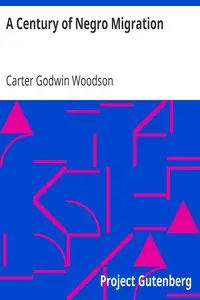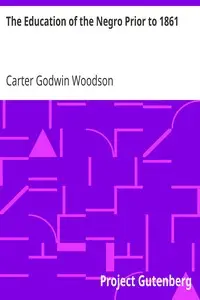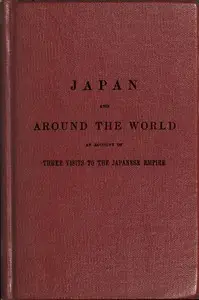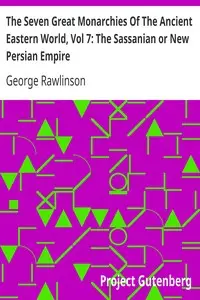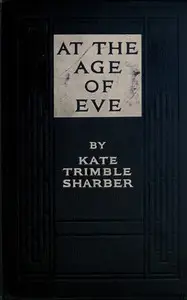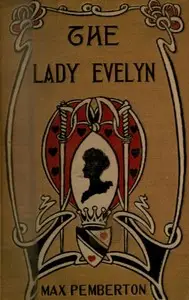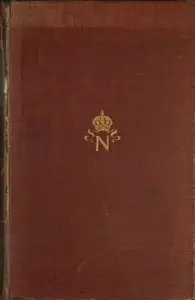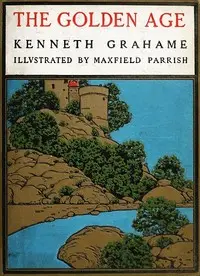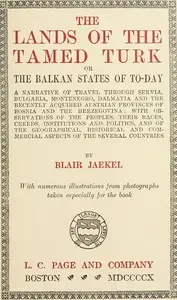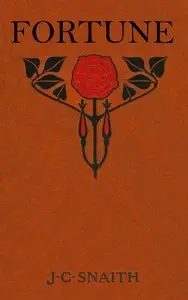"The History of the Negro Church" by Carter Godwin Woodson is a historical account written in the early 20th century. It explores the evolution of the church as a vital institution within the African American community, tracing its development from early missionary efforts to the establishment of independent churches. The book seeks to highlight the significant yet often overlooked contributions of various denominations to the spiritual life of African Americans. The opening of this work sets the stage for an examination of the relationship between early missionaries and the Negro population in America. Woodson discusses the initial reluctance of European colonists to include African Americans in their religious outreach, viewing them largely as unworthy of conversion. He elaborates on the challenges faced by early missionaries and church leaders when attempting to educate and evangelize the enslaved people, revealing the contradictions and resistance encountered in their efforts to advocate for the religious instruction of African Americans amidst widespread societal and institutional racism. (This is an automatically generated summary.)
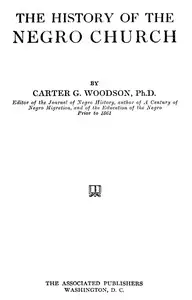
The History of the Negro Church
By Carter Godwin Woodson
"The History of the Negro Church" by Carter Godwin Woodson is a historical account written in the early 20th century. It explores the evolution of the...
Carter Godwin Woodson was an American historian, author, journalist, and the founder of the Association for the Study of African American Life and History (ASALH). He was one of the first scholars to study the history of the African diaspora, including African-American history. A founder of The Journal of Negro History in 1916, Woodson has been called the "father of black history." In February 1926, he launched the celebration of "Negro History Week," the precursor of Black History Month. Woodson was an important figure to the movement of Afrocentrism, due to his perspective of placing people of African descent at the center of the study of history and the human experience.


